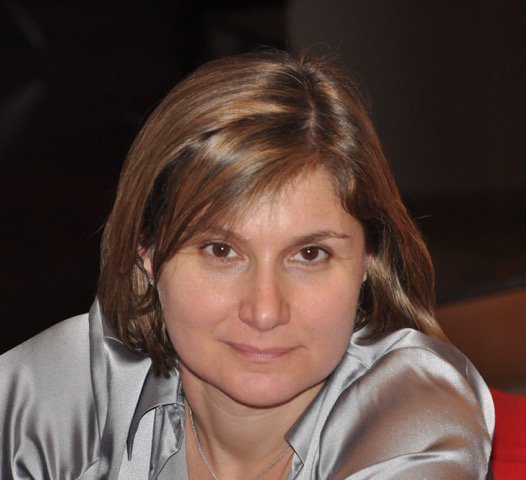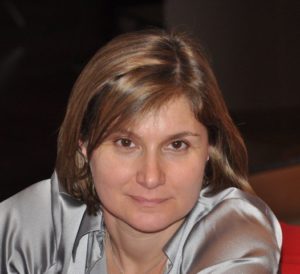In this video from HiPEAC 2018 in Manchester, CERN’s Maria Girona outlines computing challenges at the Large Hadron Collider (LHC).
“The Large Hadron Collider (LHC) is one of the largest and most complicated scientific apparata ever constructed. The detectors at the LHC ring see as many as 800 million proton-proton collisions per second. An event in 10 to the 11th power is new physics and there is a hierarchical series of steps to extract a tiny signal from an enormous background. High energy physics (HEP) has long been a driver in managing and processing enormous scientific datasets and the largest scale high throughput computing centers. HEP developed one of the first scientific computing grids that now regularly operates 750k processor cores and half of an exabyte of disk storage located on 5 continents including hundred of connected facilities. In this keynote, I will discuss the challenges of capturing, storing and processing the large volumes of data generated at CERN. I will also discuss how these challenges will evolve towards the High-Luminosity Large Hadron Collider (HL-LHC), the upgrade programme scheduled to begin taking data in 2026 and to run into the 2030s, generating some 30 times more data than the LHC has currently produced.”
Maria Girone graduated from the University of Bari, Italy. She was awarded her Ph.D. in high-energy physics in 1994. Maria became a research fellow with the ALEPH experiment performing analysis and serving as accelerator liaison. Later, Maria developed detector hardware for the LHCb experiment as a research associate at Imperial College London. In 2002, Maria joined the IT Department as an applied scientist and CERN staff member. In 2004, Maria was appointed as section leader and service manager of the Oracle database services for the LHC experiments. In 2009, she was appointed deputy group leader of the CERN IT Experiment Support group and task leader within the EGI-InSPIRE project. In 2012, Maria became the founding chair of the WLCG Operations Coordination team, responsible for the core operations and commissioning of new services in the WLCG. In 2014, she was appointed the Computing Coordinator for the CMS Experiment at CERN for two years. As coordinator, Maria was responsible for 70 computing centres on five continents and more than 100 FTE of effort yearly to archive, simulate, process and serve petabytes of data. In 2016, Maria joined the management team of CERN openlab, taking over the position of CTO as of January 2016.






A little reference to volunteer computing at LHC (Lhc@Home) will be welcome.